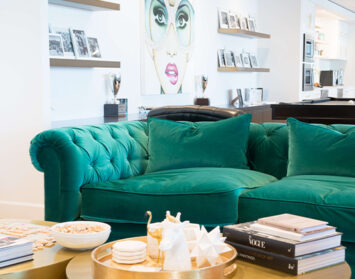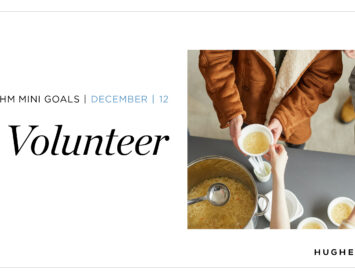Our business is built on relationships, and quality relationships are built on trust. So how do we earn someone’s trust?
Not by bartering favors.
A transactional relationship is based on an expectation that a favor will be returned in kind. Quid pro quo. I scratch your back and you scratch mine. In this model, if I don’t think you are going to reciprocate, either because you can’t or you won’t, then I am not going to do you any favors. This mindset is based on scarcity and fear, and it limits our ability to develop meaningful relationships, let alone our ability to build lasting relationships based on trust. Instead, embrace an abundance mindset. Trust that good deeds are their own reward, and that an accumulation of goodwill in the community will often provide a generous return on the time and energy we invest in others.
I have a degree in Business Economics from the University of California. Bus Econ is the study of supply, demand and pricing for scarce resources. In a transactional relationship the scarce resource is one’s willingness to do a good deed for someone else. Bartering replaces currency in this relationship marketplace, and trades only occur between individuals with perceived comparable value. As in other markets, there is competition, manipulation and negotiation. Deal-making can be elusive. The parties keep score, and there are short-term winners and losers.
When it comes to the study of human nature and social interaction, sociology and physiology may give us a better road map. Why are we drawn to some people and repelled from others? Why do we trust some people and distrust others? We have these instincts naturally, even when meeting someone for the first time, before words have been spoken. The human mind has the capacity to read people, to pick up non-verbal clues about their internal state and their intentions. What we are sensing is the other person’s authenticity or lack thereof. Does this person have an agenda? Is this person comfortable within himself or herself? Or is there something out of alignment, perhaps some internal conflict, fear or doubt?
When we embrace a mindset of abundance rather than scarcity, when we genuinely accept and believe that the world is full of opportunity and we are living our dream of exploration within this interesting and challenging sphere, others will sense our calm, our confidence and our joy. When we let go of agenda and simply enjoy the surprise of each new interaction, we begin to get comfortable. We can be ourselves without fear of judgment. We can be authentic, and we begin to attract. We can give away what we have without fear of having less. In the process, when we give what we have for the sake of giving, without expectation, we literally change our physiology. People around us sense this. We attract people and we attract opportunities. People are drawn in to us. People trust us, and we are worthy of their trust.
Business economics is actually a social science. It is the study of human behavior and decision-making, how we choose and allocate among scarce resources. When it comes to developing lasting relationships, give generously to others. Don’t let your good deeds be a scarce resource.
John Jarvis is a managing director at Hughes Marino, a global corporate real estate advisory firm that specializes in representing tenants and buyers. Contact John at 1-844-662-6635 or john@hughesmarino.com to learn more.










